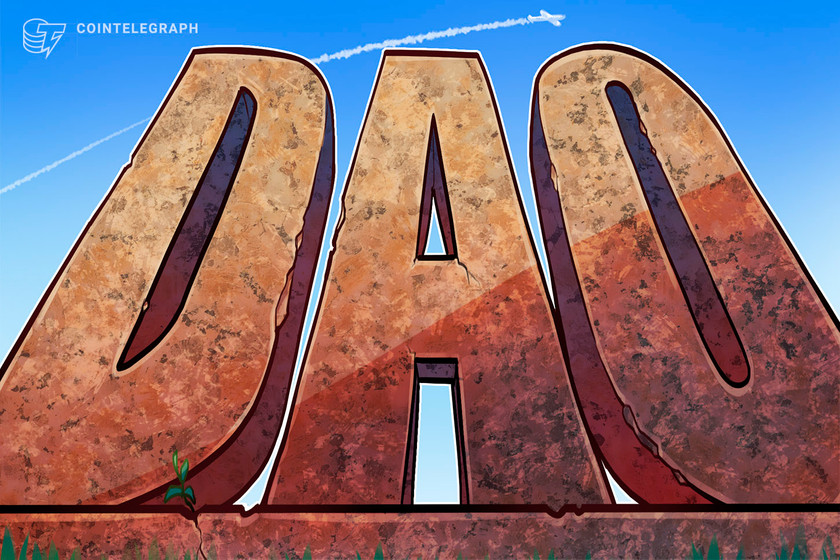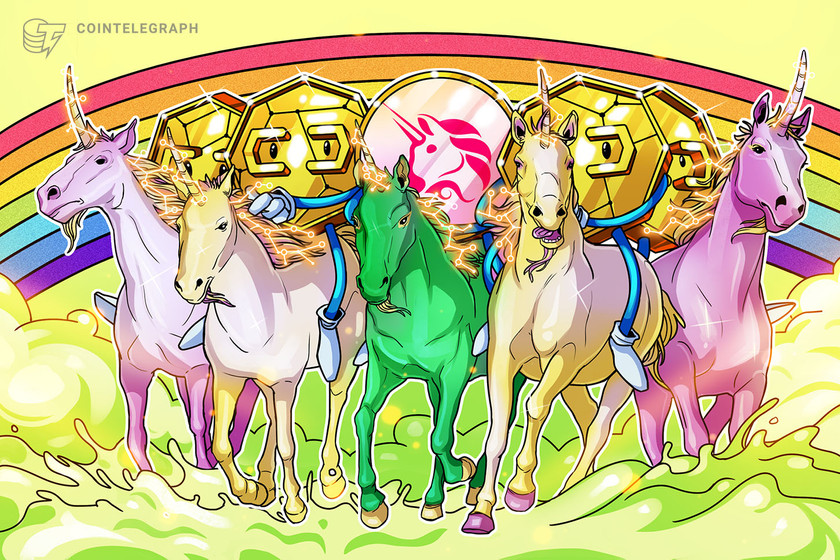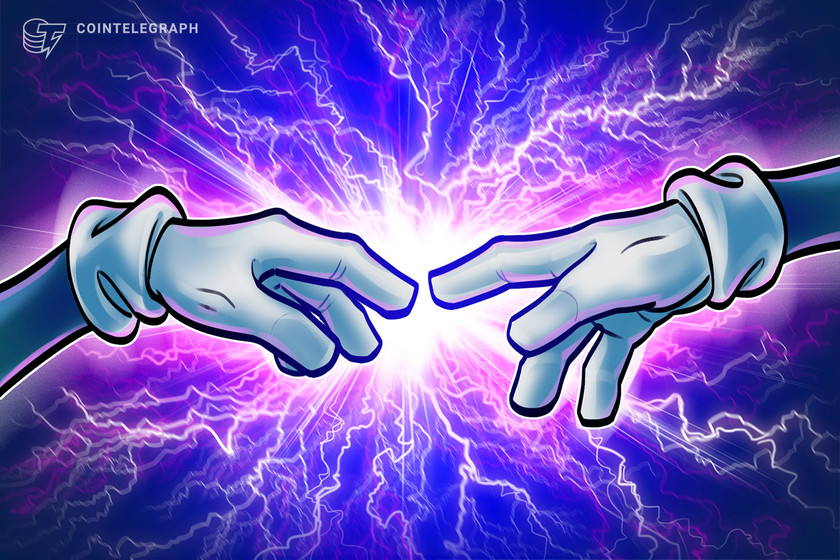ATHDAOx: Building the future of Web3 in physical-digital with DAOs


The DAO-centric event took place in Athens, Greece over two days and focused on everything from governance and legal issues to community building and security.
ATHDAOx, an event in the tradition of the Solana Hacker House, took place on Dec. 9 and 10 in Athens, Greece to discuss all things decentralized autonomous organization (DAO).
From governance and legalities to community building and security, the event brought together the local DAO-focused community in Greece and abroad.
Cointelegraph was on the ground for the event and spoke with one of the event’s founders, Dimitris — aka Takisoul — about his experience building a physical space to discuss digital communities.























